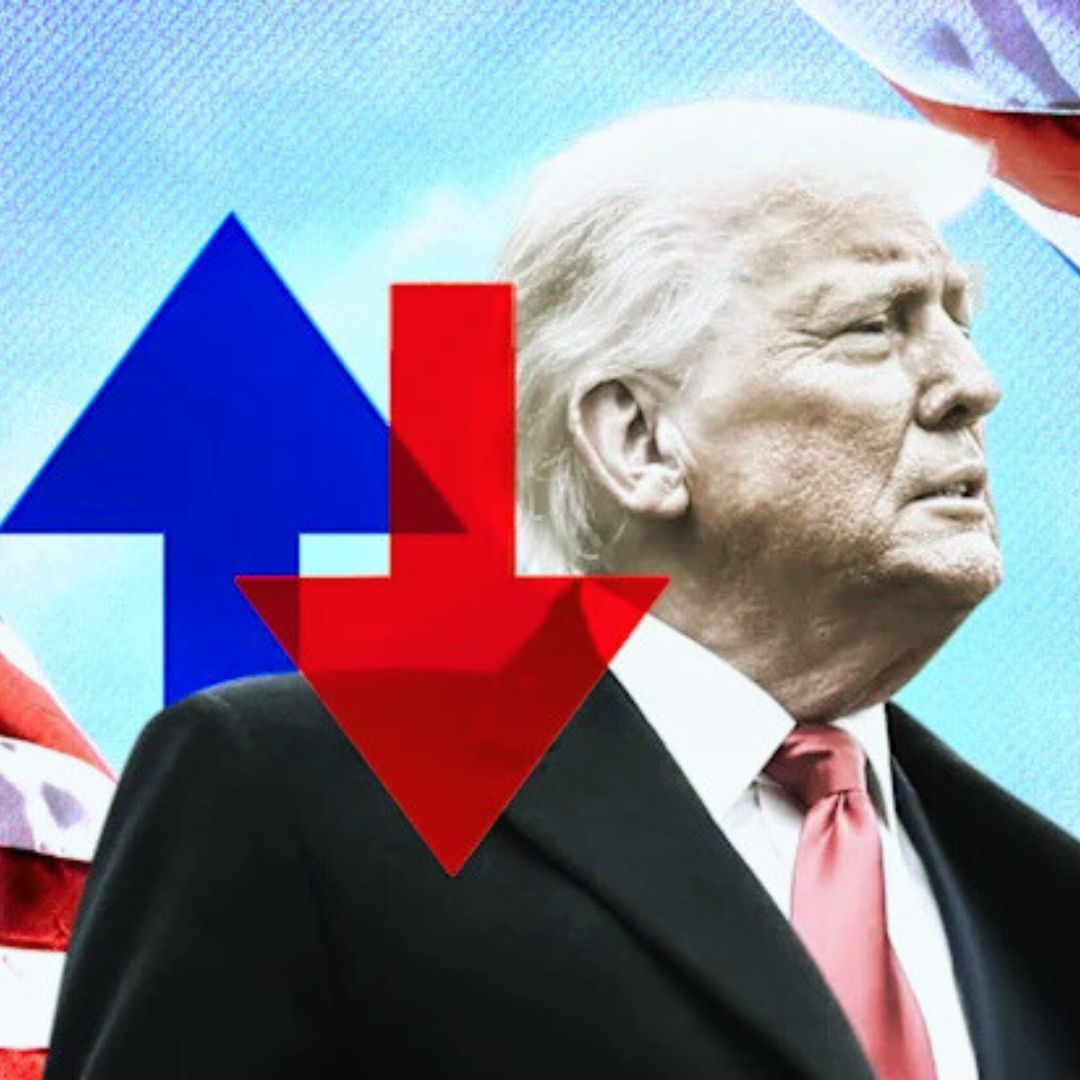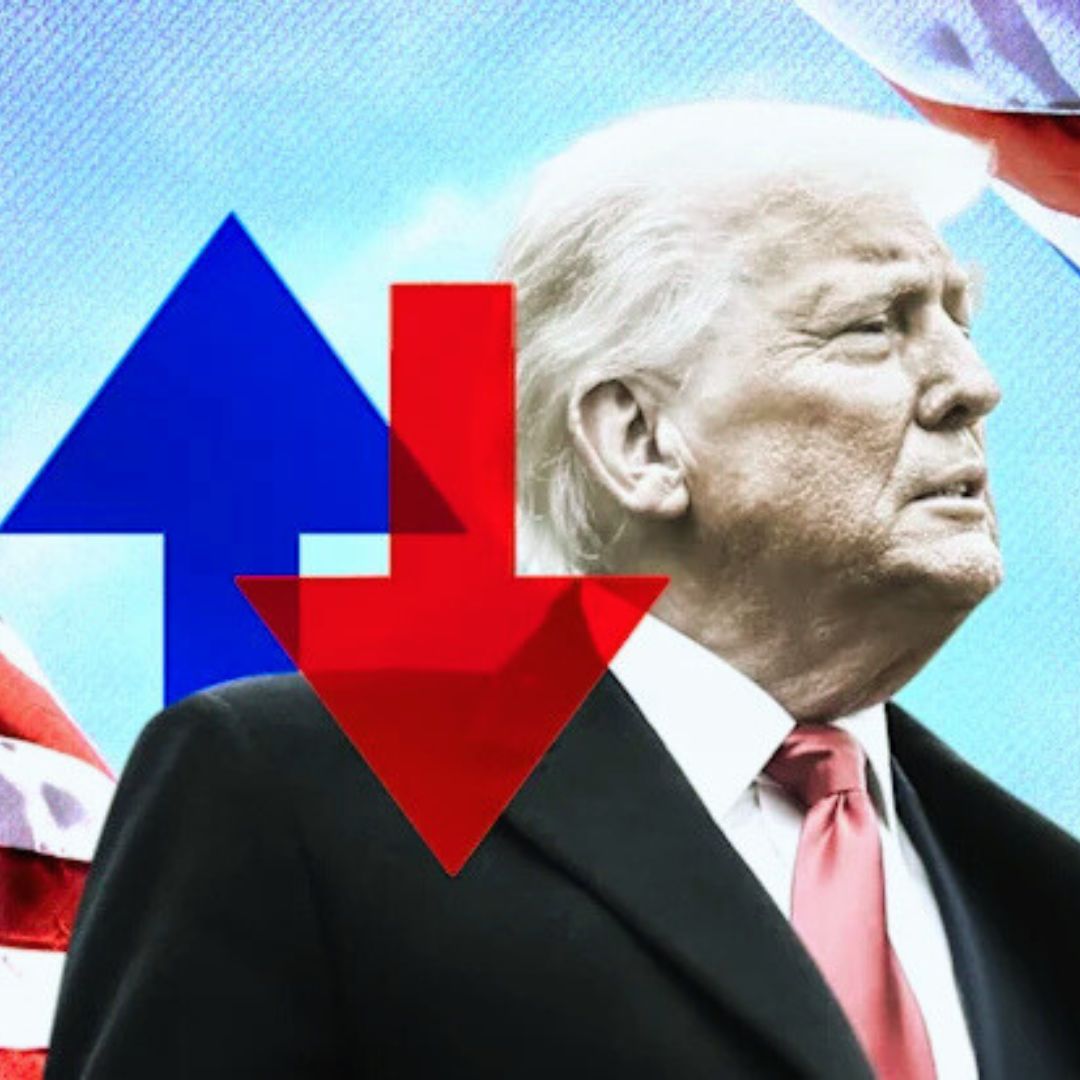Contact Us

Office: 083 000 1000
Studio: 083 00 00 967
Telegram: 083 00 00 967
WhatsApp: 083 00 00 967
Telegram: 083 00 00 967
WhatsApp: 083 00 00 967
Location: Unit 42 & 44, Hyper Motor City, Maxwell Street, Windhoek, Namibia
Listeners:
Top listeners:
Radiowave 96.7FM
 play_arrow
play_arrowUltimate Braai Competition with Round Table Windhoek 34 Lunch w/ Yanika




Namibia is among the many countries affected by the latest tariff announcement from the United States, which has imposed a 21% tariff on Namibian exports. The move, part of the Trump administration’s broader reciprocal tariff package, aims to balance trade deficits with over 180 countries. Namibia’s main exports to the U.S. include diamonds, building stones, fish fillets, beef, and charcoal—industries now facing increased costs and potential declines in trade volumes.

The Managing Director of High Economic Intelligence, economist Salomo Hei, expressed concerns about the impact of these tariffs on both the local and the global economy.
“These tariffs are regrettable and serve as a major blow to global trade. They not only disrupt trade relationships but also introduce significant economic uncertainties.”
Hei highlighted the interconnected nature of global markets, pointing out that many major U.S. companies rely on manufacturing in other regions. “If you impose tariffs on imports, other countries could retaliate by targeting American exports, leading to a cycle of economic retaliation,” he warned.
The U.S. has already faced countermeasures from trading partners like Canada and Mexico, who responded with their own tariffs. This pattern, Hei cautioned, could escalate into a full-fledged trade war, affecting global supply chains and consumer prices.

Namibia’s economic ties with the U.S. span various sectors, with fish, uranium, beef, and diamonds forming the backbone of its exports. The introduction of a 21% tariff makes these products more expensive for American buyers, potentially reducing demand and affecting local producers.
“A tariff means it becomes more difficult to trade with that country—whether due to administrative burdens, cost increases, or access limitations. Consumers in the U.S. will feel the impact as well, as the price of imported Namibian goods rises,” Hei explained.
Hei also pointed out that while the U.S. wants to protect its own industries, the policy could backfire by limiting product availability and driving inflation. “Less competition means higher prices for U.S. consumers, which could lead to inflation and potential job losses in the medium and long term,” he noted.

In response to these tariffs, Hei suggested that Namibia explore alternative markets for its exports. “We should look at economies like Spain, which is experiencing rapid growth and could provide a stronger market for Namibian fish exports. Similarly, for uranium and diamonds, Namibia could seek other buyers beyond the U.S.,” he said.
However, shifting trade partnerships is not a simple process. “Establishing new trade agreements takes time, as negotiations over tariffs, quotas, and market access must be conducted before commodities can be redirected to new destinations,” Hei cautioned.
Hei also acknowledged that Namibia could consider imposing its own retaliatory tariffs on U.S. goods, but this might have a limited impact given the imbalance in trade volumes between the two countries.
Hei is of the opinion that the U.S.’s move could have unintended consequences on the global financial system, particularly in relation to the U.S. dollar’s dominance in international trade. “If countries start questioning why they must conduct trade in USD rather than their own currencies, this could weaken the dollar’s position as the global anchor currency,” he warned.
Ultimately, Hei sees the tariffs as a setback for free trade and economic cooperation. “We have spent years working toward a more open global economy. Policies like these reverse that progress and create economic instability,” he concluded.
Namibian products, including beef, lamb,fish, grapes, and blueberries, access the American market duty-free under the African Growth and Opportunity Act (Agoa), which is now at risk.
As Namibia and other affected nations assess their next steps, the long-term effects of the tariff policy remain uncertain, with potential ramifications for both global trade and economic growth.
The post U.S. tariffs threaten Namibia’s key industries first appeared on Future Media News.
The post U.S. tariffs threaten Namibia’s key industries appeared first on Future Media News.
Written by: Madeline
todaySeptember 16, 2025


9:00 am - 12:00 pm

COPYRIGHT 2025 Radiowave 96.7FM | WEBSITE BY DIGITAL PLATFORMS